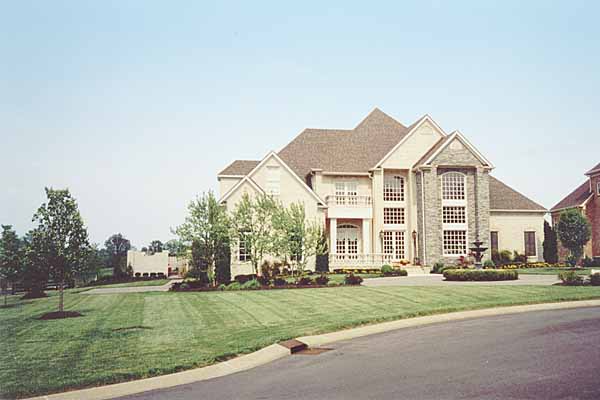REMAINDER
Understanding Remainder Estates in Real Estate
In the realm of real estate law, the concept of 'remainder' pertains to an estate that comes into effect following the termination of a prior estate, such as a life estate. This legal term holds significant relevance in property law and can have implications for property owners and their beneficiaries.
Types of Estates
Life Estate
A life estate is a type of ownership interest in real estate that grants an individual the right to use the property for the duration of their life. Upon the individual's passing, the ownership of the property is transferred to another party, known as the remainderman.
Remainder Estate
The remainder estate, often held by the remainderman, is the future interest in a piece of property that becomes possessory upon the termination of the prior estate, in this case, the life estate. This means that the remainderman will gain full ownership and possession of the property once the life estate ends.
Implications for Property Owners
Estate Planning
For property owners, the concept of remainder estates holds significance in the realm of estate planning. By establishing a life estate with a designated remainderman, property owners can dictate the future ownership and use of their property, ensuring that it passes smoothly to the intended beneficiary upon the termination of the life estate.
For property owners, the concept of remainder estates holds significance in the realm of estate planning. By establishing a life estate with a designated remainderman, property owners can dictate the future ownership and use of their property, ensuring that it passes smoothly to the intended beneficiary upon the termination of the life estate.
Property Succession
Remainder estates also play a crucial role in property succession. They provide a structured mechanism for the transfer of property ownership, allowing property owners to plan for the seamless transition of real estate assets to their chosen beneficiaries.
Legal Considerations
Rights and Responsibilities
Understanding the legal implications of remainder estates is essential for both property owners and potential remaindermen. This includes being aware of the rights and responsibilities associated with the remainder interest, as well as any legal obligations that may arise upon the termination of the prior estate.
Legal Documentation
The creation and transfer of remainder estates typically involve legal documentation, such as deeds or trust instruments, to ensure that the interests of the parties involved are clearly defined and legally enforceable.
Conclusion
In the intricate landscape of real estate law, the concept of remainder estates holds a distinct place, shaping the way property ownership is structured and transferred over time. Whether as a tool for estate planning or a mechanism for property succession, the establishment of remainder estates underscores the importance of thoughtful and strategic property management.
By understanding the nuances of remainder estates and their implications, property owners and beneficiaries can navigate the complexities of real estate ownership with clarity and foresight, ensuring that their assets are managed and transferred in accordance with their wishes and the legal framework governing property rights and interests.
MORE REAL ESTATE TERMS
A, B, C, D, E, F, G, H, I, J, K, L, M, N, O, P, Q, R, S, T, U, V, W, X, Y, Z
Featured New Home

Featured Mortgage Brokers
- LIBERTY HOME EQUITY SOLUTIONS INC, STAMFORD, CT
263 TRESSER BLVD FL 9
STAMFORD, CT 6901 - NORTHWEST MORTGAGE GROUP INC, PORTLAND, OR
10260 SW GREENBURG RD STE 900
PORTLAND, OR 97223 - FIRST HERITAGE FINANCIAL, LLC, TREVOSE, PA
2655 NESHAMINY INTERPLEX DR
TREVOSE, PA 19053 - REVERSE MORTGAGE SOLUTIONS INC, NEWBURGH, NY
700 CORPORATE BLVD
NEWBURGH, NY 12550 - Altamont Mortgage Funding Inc, mortgage broker in Portland, OR
4380 SW Macadam Ave Ste 125
Portland, OR 97239